LATEST NEWS: KEY DEVELOPMENTS YOU NEED TO KNOW
Latest Videos
Newsreel Asia is an independent news media committed to rigorous journalism and narrative storytelling across governance, democracy, economy and society, focused currently on India. Founded on World Press Freedom Day 2021, we work to cut through the noise and bring clear, truthful reporting to the forefront. Our perspective is humanitarian — we look at how issues shape the lives of ordinary citizens, not through the lens of political ideologies.
Over the last two and a half decades, India built a huge industry by doing office and technology work for companies in the United States and Europe. Now new artificial intelligence (AI) tools are starting to perform some of that work, and this shift could affect millions of jobs in India, according to a report published in The New York Times.
Pakistan and Afghanistan are once again exchanging airstrikes across their shared border, raising fears of a wider conflict between them. The latest tension began this week after Afghanistan carried out a cross-border strike that it said was retaliation for earlier Pakistani air attacks. Pakistan then responded with fresh strikes inside Afghan territory, and the country’s defence minister described the situation as an “open war.”
Researchers at the University of Oxford have released a study examining how heat exposure during pregnancy relates to the sex ratio at birth in India. The findings suggest that women in India who experienced higher temperatures during the middle months of their pregnancy were more likely to give birth to girls than to boys, and the study indicates this is not due to biological reasons.
The central government has launched a new counter terrorism policy called Prahaar. The framework appears ambitious and technology driven, and it resembles Western models of prevention, intelligence coordination and disruption of extremist networks. Western systems generally operate with multiple layers of legal safeguards that have evolved alongside state enforcement powers. Implementation in India also requires careful attention to several cautions to guard against potential misuse.
Finance Minister Nirmala Sitharaman has launched the National Monetisation Pipeline 2.0, a plan that aims to raise about 16.72 trillion (16.72 lakh crore) rupees by allowing private companies to operate public assets such as highways, railways, airports and energy networks for fixed periods. The government presents the move as a way to fund new infrastructure without increasing taxes or borrowing, but for ordinary citizens, the policy carries a set of risks that deserve careful scrutiny.
Latest News Briefings
Vungzagin Valte, a Manipur MLA from the ruling Bharatiya Janata Party (BJP), died on February 21 after nearly three years of medical complications caused by a mob attack during the 2023 violence. His case remains pending and no arrests have been reported so far. The continuing absence of visible justice may further deepen the political disillusionment of the Kuki-Zo community in its relationship with the state government.
In India, the idea of dignity of labour is missing in large part due to the caste system. While some discussion has begun, much of it centres on showing respect to workers or speaking favourably about their occupations. This limited framing can mask deeper issues of discrimination, exclusion and injustice. It does little to uphold the dignity of either the worker or the work.
News Commentaries
Kavitha, a mother in Raichur district, doesn’t follow the nutrition charts or growth tracking numbers. What she understands is hunger. The rice from the public distribution shop lasts less than a week. On some nights, there’s nothing but water and silence. For families like hers, malnutrition isn’t just a report—it’s dinner time.
Video Features
Suleman Ali lived his entire life in Hasila Beel, a village in Assam’s Goalpara district. He built his home brick by brick over years of labor, married off his daughters there, and believed his documents proved he belonged. But one morning in June 2025, bulldozers reduced it all to rubble.
To investigate if your 9-5 corporate job has labour laws for your safety and well-being, Newsreel Asia producer Jyoti Jangra travels to India’s Silicon Valley—Bengaluru—to find out a quiet crisis unfolding inside corporate cubicles: the crumbling mental health and legal protections of India’s white-collar workforce.
Narsisus was addicted for 27 years and survived multiple suicide attempts. Today, he runs a modest community rehab centre. With no frills, only a few beds, basic meals and peer support, it offers a fragile but vital lifeline for those who walk through its doors. His journey, from the darkest moments to helping others avoid the same brink, unfolds in a state battling one of India’s deadliest mental health crises: Sikkim.
What do India’s persecuted communities go through behind closed doors? What happens when you sit across a dinner table and truly listen? Over the course of 9 powerful episodes, The Dinner Table, a docu-series by Newsreel Asia, brings together stories from communities who have long been silenced, sidelined, or targeted — simply for their identity, faith, or beliefs.
DOCUSERIES
This video is a powerful summary of Stories of Resilience — featuring an acid attack survivor, a cancer fighter, a bipolar disorder survivor, a single father, a trans woman reclaiming dignity, a domestic abuse survivor, a woman freed from bonded labour, a mother who rebuilt life after loss, a widow raising her child alone, and Bengaluru’s first woman BMTC driver.
Ten lives. Ten journeys.
One message: resilience.
Watch to get inspired and find strength against all odds.
On February 15 last year, a deadly stampede took place at the New Delhi Railway Station. It was triggered by a sudden surge of passengers, fueled by delays to three trains, including a special train bound for the Maha Kumbh mela - projected as the world's biggest religious congregation - that was being held in Uttar Pradesh's Prayagraj. One year on, students of Jamia Milia Islamia University revisit the family of Pinki Devi, who was one of the 18 victims who lost their lives in the tragic incident. She left behind her husband and two children who are building their life from scratch. Through her story, we look at the bigger picture: no heads rolled by Railways yet, and nothing changed at NDLS even now. Her family claims that the cash compensation given immediately after the stampede to victims' families was to force the kins into silence. On January 7, 2026, during a hearing on a Public Interest Litigation filed by an organisation that argued the stampede exposed “gross mismanagement and administrative failure,” the Delhi High Court strongly criticised Indian Railways for not filing its response on the fatal 2025 New Delhi Railway Station stampede—even after one year.
Gujarat stands as India’s foremost salt-producing state, contributing 85% to the nation's total salt output. Within Gujarat, 31% of this production originates from the Agariya community living within the Little Rann of Kutch. Despite being the primary contributors to the salt industry, the Agariya people find themselves receiving the smallest share of profits. Furthermore, they grapple with the adverse effects of climate change, directly impacting their livelihoods. In this narrative, Bhopa and Gunand, two Agariya salt farmers, shed light on the disparity in earnings within the salt farming sector.
Bhupat Bhai Sekhaliya, a diligent and hardworking rickshaw driver from Gujarat, belongs to the Dalit community. Despite his unwavering dedication, the respect he deserves eludes him, particularly from individuals of "upper" castes in his vicinity. Many daily activities, deemed "normal" for any resident, remain inaccessible to him. Defiance can lead to physical assault. However, Bhupat's story is not an isolated incident. In Gujarat, the spectre of violence against Dalits looms large, with an average of four cases reported daily. The past seven years have seen a staggering total of over 9,000 documented instances of such violence.
If you are living in Delhi, you might lose 12 years of your life because of air pollution. Jyoti Lavakare Pande, an author and a journalist from Delhi, writes an open letter to highlight the intensity of pollution in Delhi. She reflects on her mother's vibrant and resilient life, filled with smiles and melodies. Her mother, Kamale Pande, a classical vocalist, was diagnosed with terminal lung cancer, struggling for every breath in Delhi's pollution. She pens down her mother’s journey to raise awareness about the invisible killer looming in Delhi’s air.
To mark four years since its founding on World Press Freedom Day, Newsreel Asia hosted an online discussion with frontline journalists who have reported from some of India’s most volatile conflict zones. The conversation took place just days before the latest escalation of hostilities between India and Pakistan, which saw the use of missiles, drones and artillery fire along the Line of Control.
This video is from the third episode of our online event series, “Newsreel Asia Conversations,” which gives you a chance to interact with filmmakers who explore social, economic and political themes in their works. It all came together from our team's interactions with these creative minds at the 2024 Dharamshala International Film Festival. In this episode, we featured screenwriter, lyricist and filmmaker Shashwat Dwivedi, and our conversation centred on “Revisiting Childhood,” based on his latest film “Bobby Beauty Parlour.”

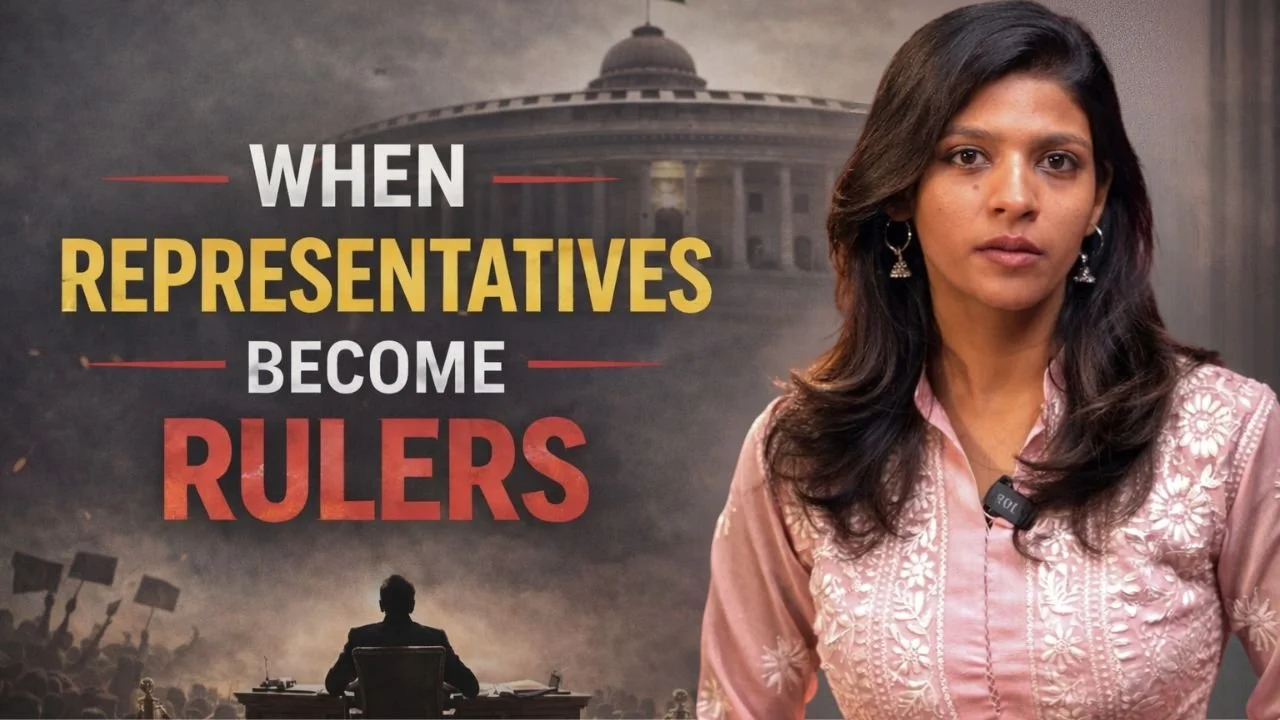
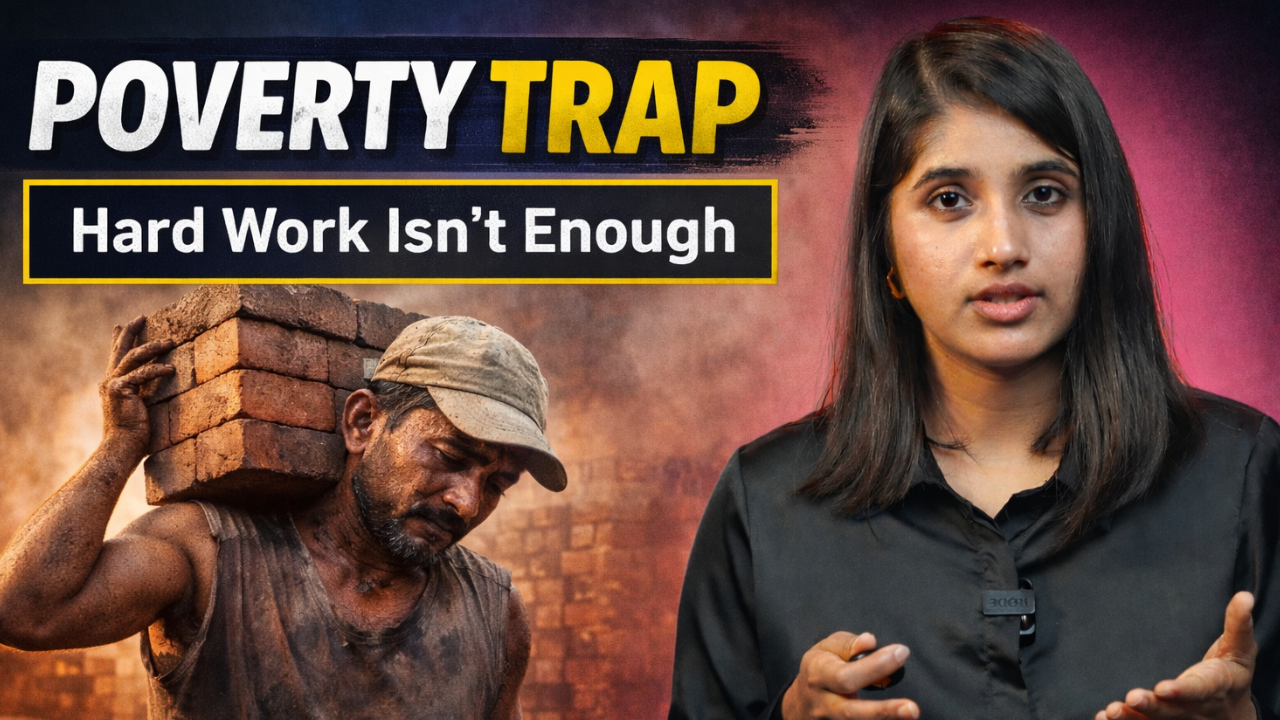
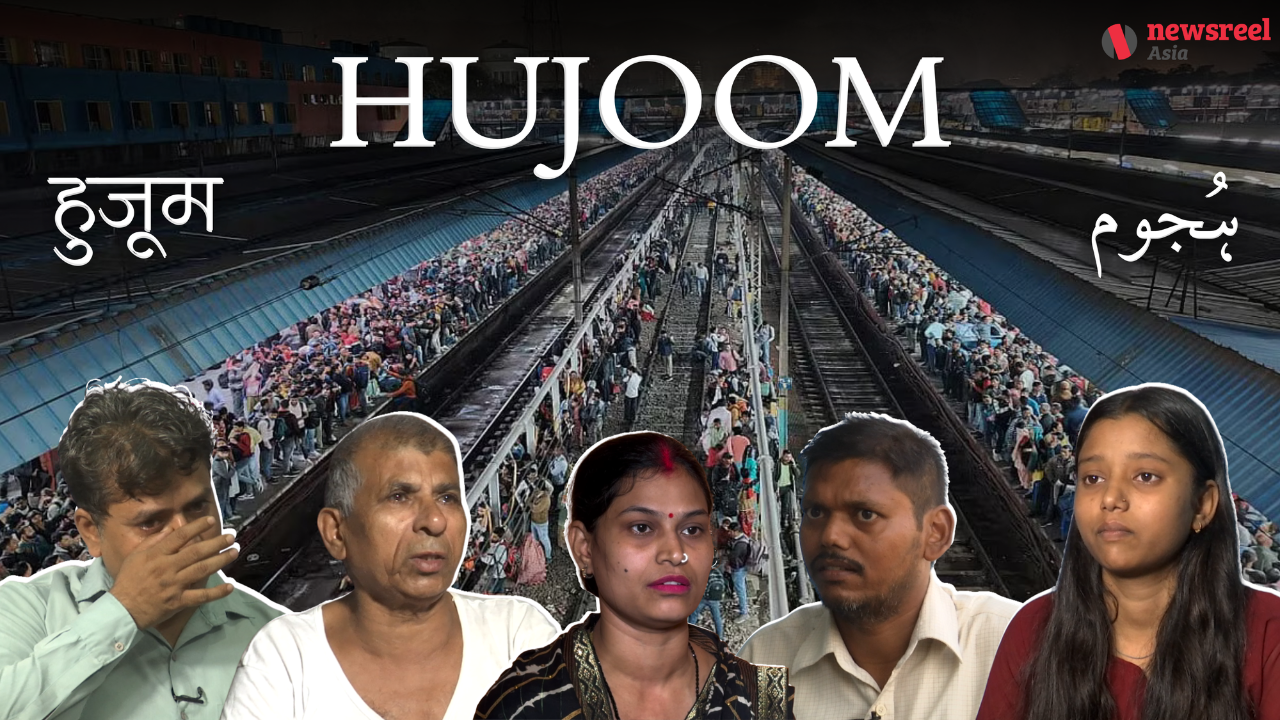
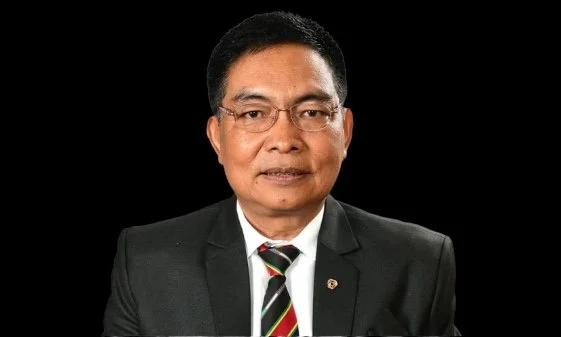
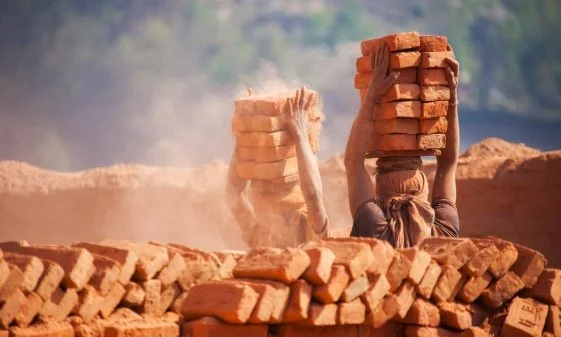






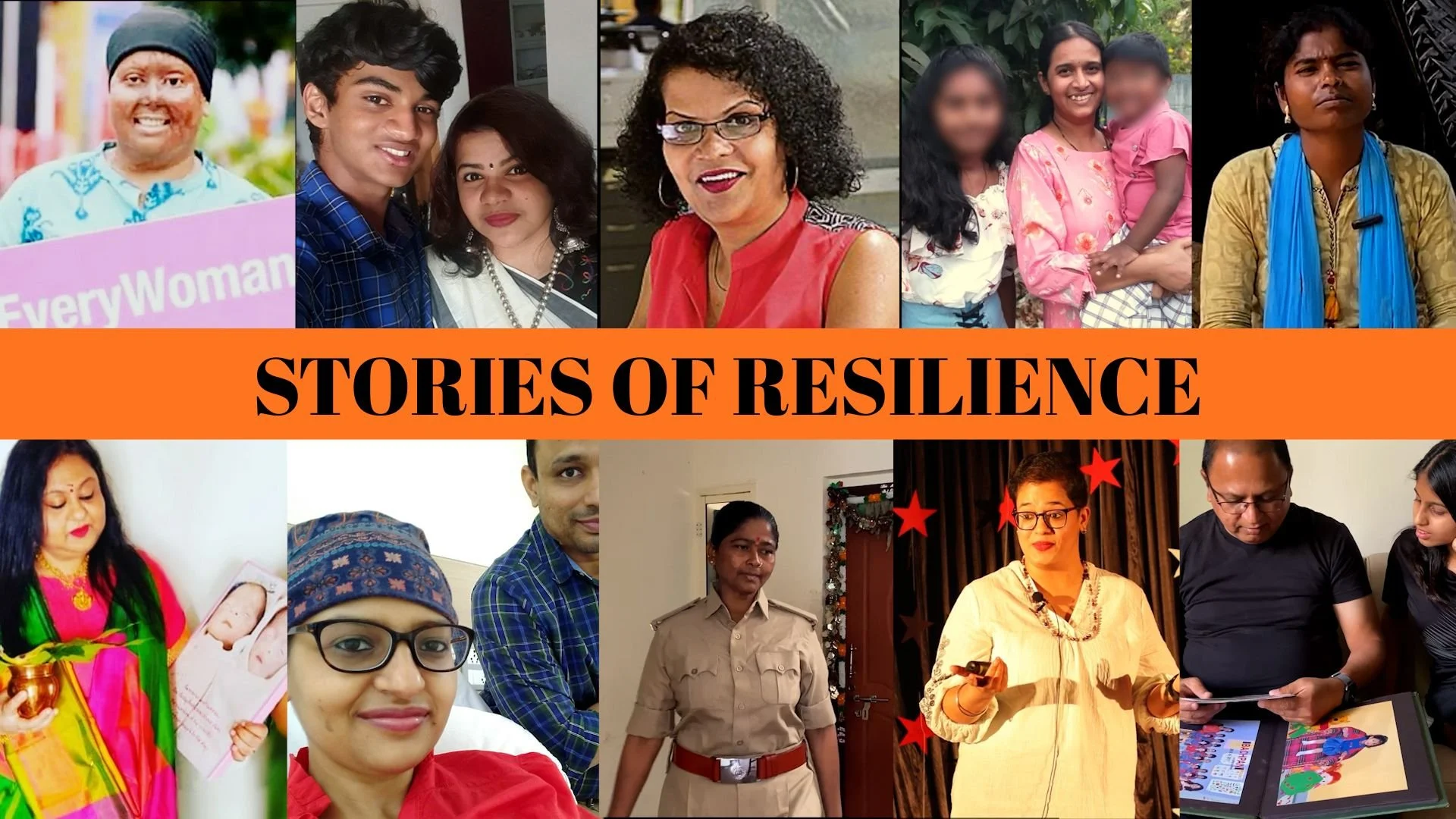

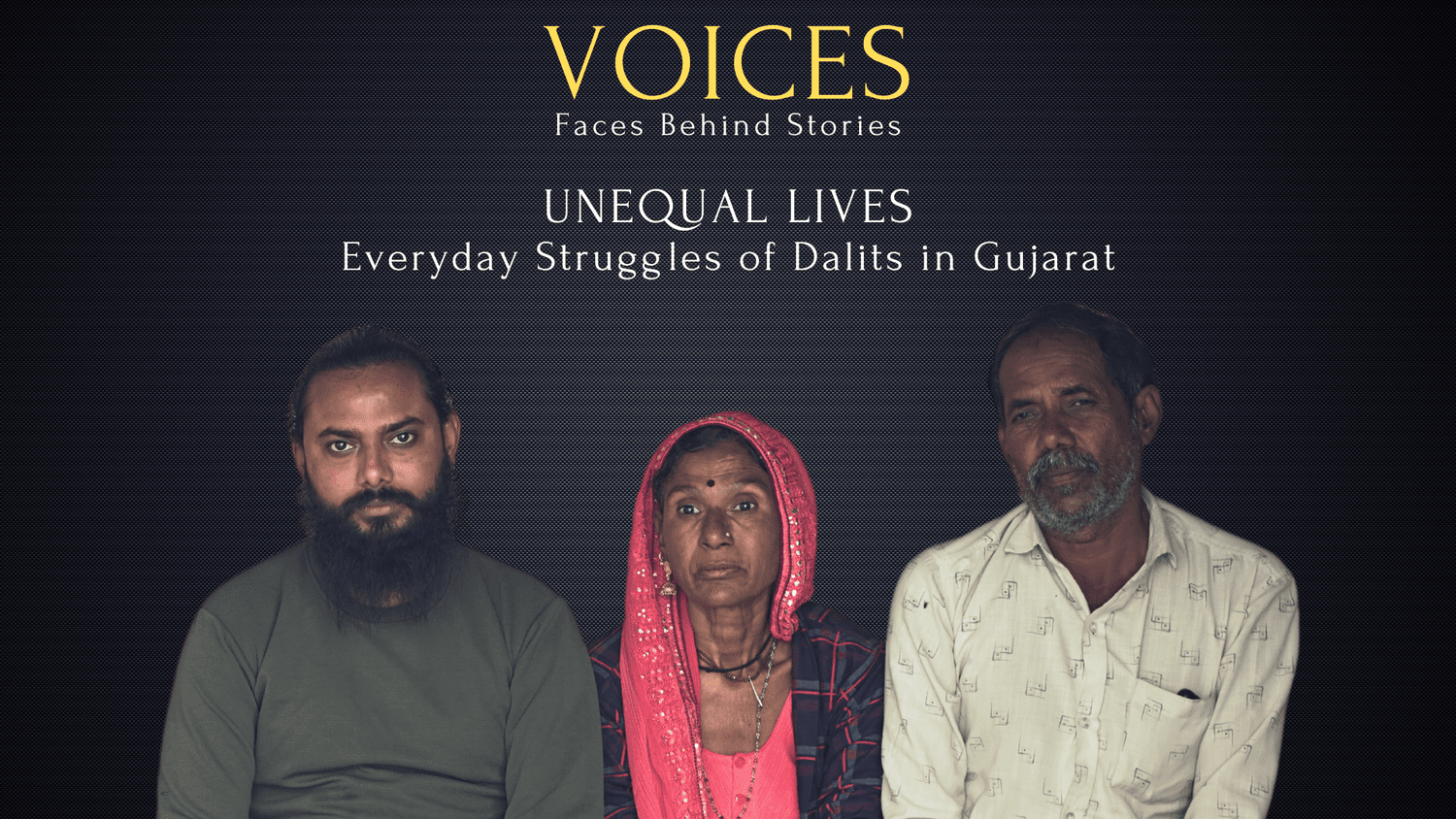
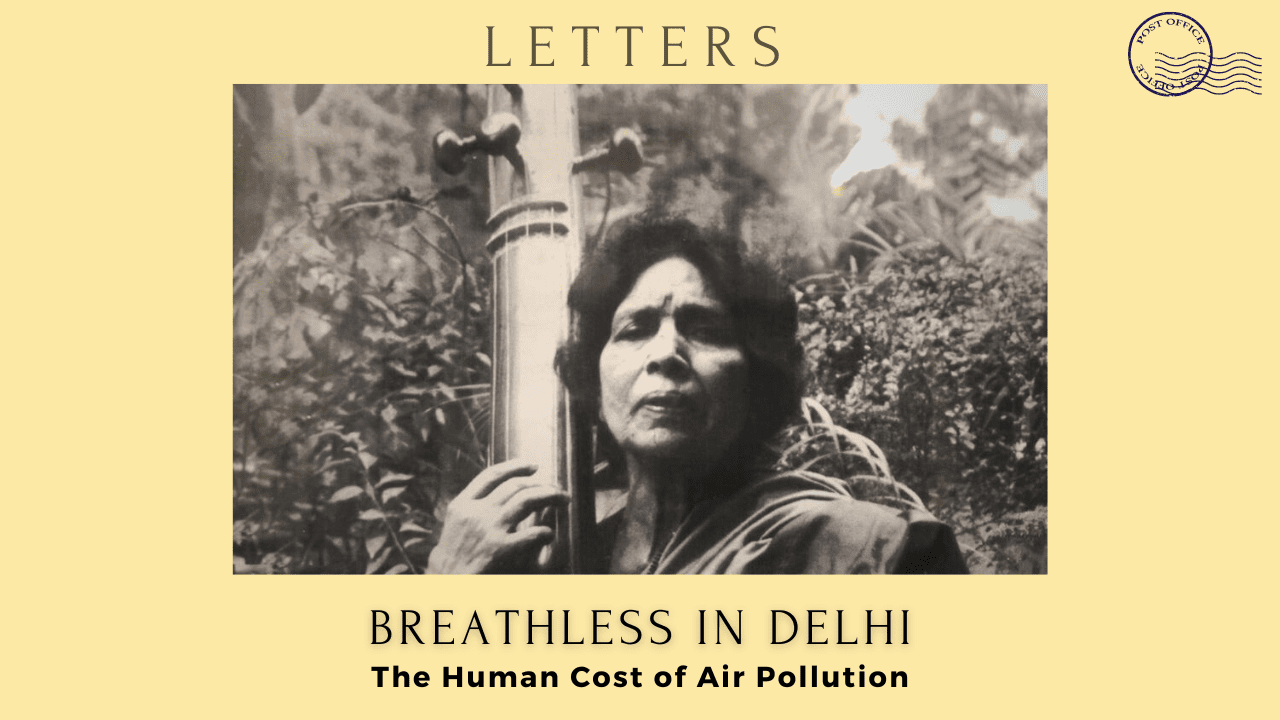
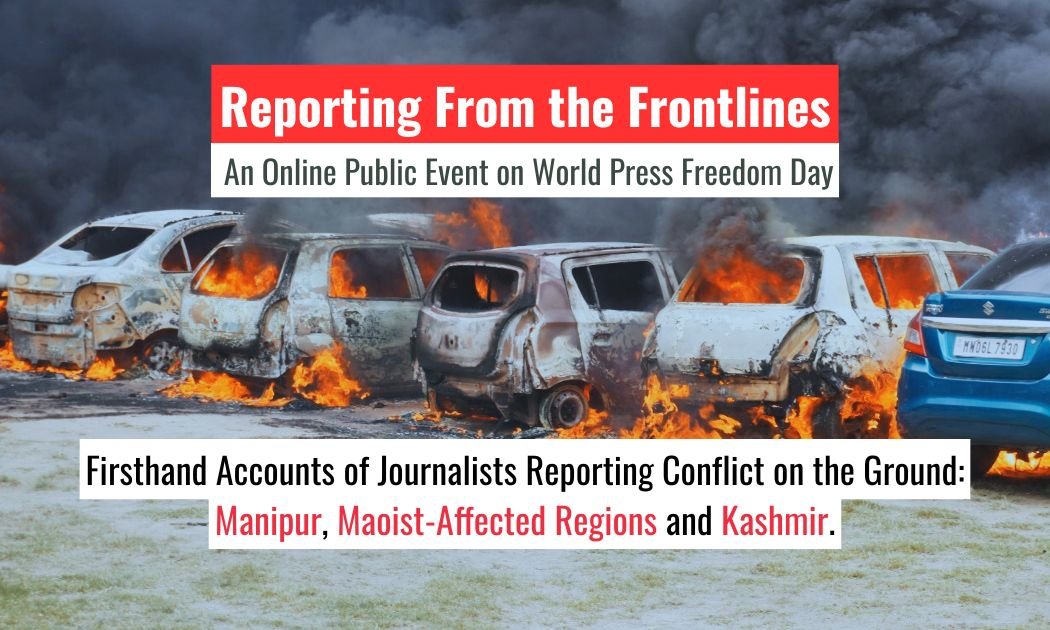

Over the last two and a half decades, India built a huge industry by doing office and technology work for companies in the United States and Europe. Now new artificial intelligence (AI) tools are starting to perform some of that work, and this shift could affect millions of jobs in India, according to a report published in The New York Times.